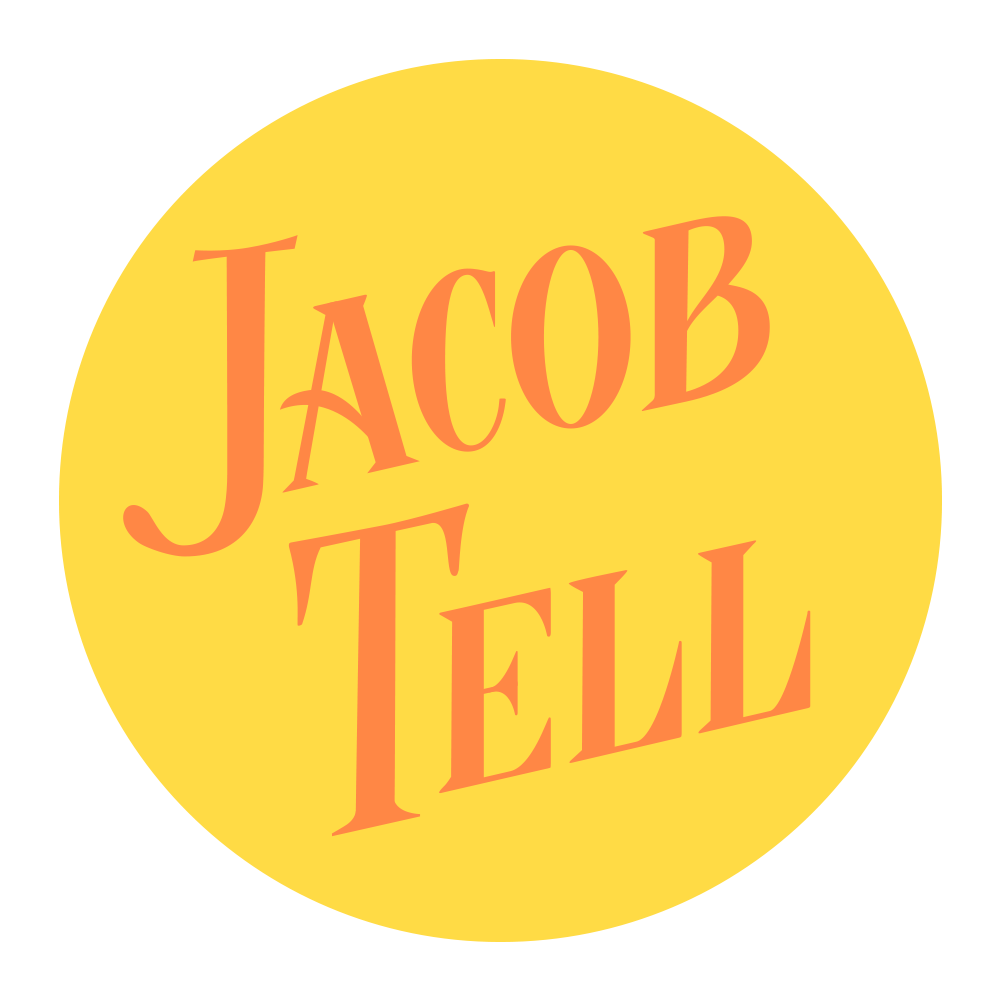In a world saturated with soundbites and spiritual bypassing, the TrueLife Podcast is a howl from the underground — a battlefield of ideas where conformity dies and consciousness is forged in fire. And on May 20, 2025, our Chief Dreamer Jacob Tell stepped into the fire with host George for an episode that’s part ritual, part rebellion, and fully unforgettable.
🔥 Episode Title: Jacob Tell – Digital Dionysus Drenched in Roses
🎧 Hosted by: George Monty, creator of TrueLife
📡 Platform: TrueLife Podcast
The TrueLife Podcast isn’t for the faint of heart. It’s for the seekers and misfits, the rebels and philosophers, the edge-walkers who rage against the machine not for chaos — but for clarity. George describes it as a “counterattack against the programmed mediocrity of our times.” Here, psychedelics aren’t just substances — they’re compasses. Suffering is the teacher, mysticism the map, and dangerous thinking is the only way forward.
Why Jacob Tell? From his roots touring the globe with Jack Johnson, to launching District216 as a psychedelic sanctuary for conscious connection, Jacob has always been a storyweaver. But this episode dives even deeper — past the logos and lifestyle, into the electric soul behind it all.
George calls him a “media mystic” and “chaos conductor” — part poet, part technologist, part time-traveling bard. Together they explore:
🔮 The mythic role of technology in the psychedelic renaissance
📱 Digital space as a new kind of sacred ceremony
⚔️ How branding can be weaponized for liberation rather than manipulation
🌀 The transformation of feedback loops into fractal consciousness
🌲 And what happens when you build systems like they’re sacred groves, not storefronts
“If Terence McKenna, Steve Jobs, and the DMT elves held a hackathon in a Redwood Grove during a solar eclipse… the blueprint would look a lot like what Jacob’s building.”
💥 For anyone who’s ever wondered if there’s more to marketing, more to media, and more to you — this episode delivers.
Not as answers. But as initiation.
🧠 What They Covered
Over the hour-long, high-voltage dialogue, Jacob and George explored the space where branding becomes ritual, platforms become prayer circles, and technology becomes a sacred mirror. Topics included:
🌱 What District216 Really Is
A psychedelic social club, yes — but also an evolving community guided by member voices, holding roundtables like Conscious Connections, integration circles, weekly Wednesday meetups, and large Marquee events that blend education and entertainment into something Jacob calls “edutainment.”
🧬 Branding as Ritual, Culture as Code
Referencing everything from Ritz-Carlton handbooks to baseball games and ayahuasca ceremonies, Jacob explains how repeated, intentional actions — ritual — are the foundation of authentic culture, whether in business, community, or consciousness.
🧓👶 Bridging Generations Through Psychedelics
From Gen Z harm reduction warriors to Baby Boomers re-approaching entheogens at the end of life, the conversation touched on how District216 is creating multigenerational healing spaces — including the upcoming Death & Psychedelics panel with death doula Kat Kerner in Santa Barbara.
⚡ The Intersection of AI and Psychedelics
Both are “portals to the collective,” Jacob says. He sees AI not as a replacement for human creativity, but as a collaborator — a tool that, when used consciously, mirrors the intelligence revealed in deep journeys with plant medicine.
🌍 Global Movement, Local Roots
Shoutouts to the Global Psychedelic Society, District216’s collaboration with Journey Home (a psychedelic concierge service), and an invitation to anyone starting a local psychedelic group: “Find your passionate core. Let the community grow from there.”
🫶 Support the show: paypal.me/Truelifepodcast







